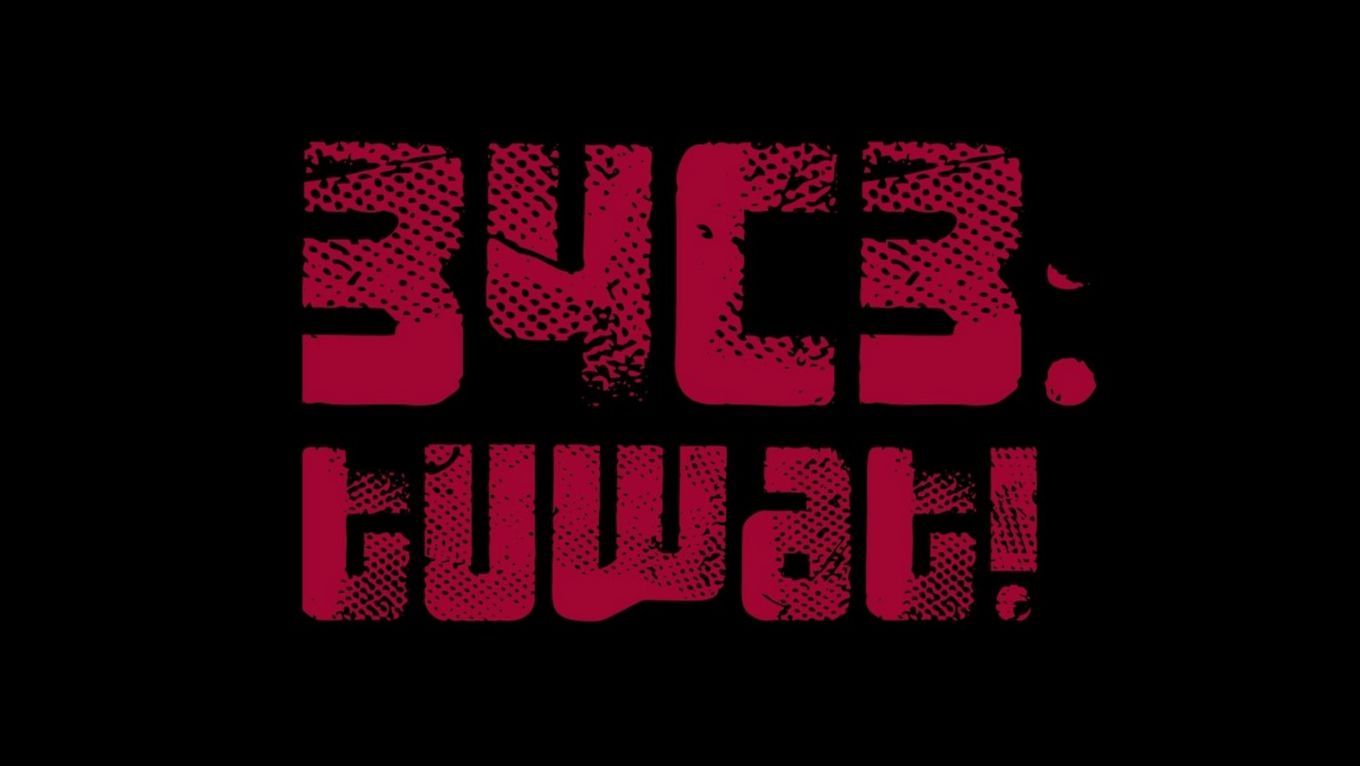Art & Culture
Open Source Estrogen
From molecular colonization to molecular collaboration
Collaborative and interdisciplinary research, Open Source Estrogen combines biohacking and artistic intervention to demonstrate the entrenched ways in which estrogen is a biomolecule with institutional biopower. It is a form of biotechnical civil disobedience, seeking to subvert dominant biopolitical agents of hormonal management, knowledge production, and anthropogenic toxicity. Thus, the project initiates a cultural dialogue through the generation of DIY/DIWO (do-it-yourself/do-it-with-others) for the detection and extraction of estrogen, and contextualized as kitchen performance and queer body worship.
A collaborative, interdisciplinary research project, Open Source Estrogen combines biohacking and speculative design to demonstrate the entrenched ways in which estrogen is a biomolecule with institutional biopower. It is a form of biotechnical civil disobedience, seeking to subvert dominant biopolitical agents of hormonal management, knowledge production, and anthropogenic toxicity. The project begins with a speculative question: what if it was possible to make estrogen in the kitchen? From this seed arises more fundamental questions about who is producing hormones, whose bodies are affected, and how environmental hormones exist already as a state of toxicity. While issues of body and gender sovereignty are deeply at stake, endocrine disruptors termed ‘xenoestrogens’ pervade our environments due to petrochemical agro-industrial and pharmaceutical forces. These xeno-molecules change the morphology of our bodies and bodies of non-human species, evidencing a malleability inherent to nature but alien to our prescribed notions of (eco)heteronormalcy. In response to the “molecular queering” performed by estrogen, facilitated by dominant hegemonic forces, the project initiates a public dialogue through DIY/DIWO (do-it-yourself/do-it-with-others) biohacking and artistic intervention. Using speculative design, iterative workshopping, and kitchen performance, Open Source Estrogen employs these tactics to create new subjectivities for living in an increasingly queer world. From capitalist xeno-forces arise xeno-solidarities, capable of collectively hacking the systems of hormonal colonization.
Additional information
| Type | lecture |
|---|---|
| Language | English |
More sessions
| 12/27/17 |
We're living in yesterday's future, and it's nothing like the speculations of our authors and film/TV producers. As a working science fiction novelist, I take a professional interest in how we get predictions about the future wrong, and why, so that I can avoid repeating the same mistakes. Science fiction is written by people embedded within a society with expectations and political assumptions that bias us towards looking at the shiny surface of new technologies rather than asking how human ...
|
| 12/27/17 |
In recent years, the group Forensic Architecture began using novel research methods to undertake a series of investigations into human rights abuses. The group uses architecture as an optical device to investigate armed conflicts and environmental destruction, as well as to cross-reference a variety of evidence sources, such as new media, remote sensing, material analysis, witness testimony, and crowd-sourcing. In this talk, Eyal Weizman provides, for the first time, an in-depth introduction to ...
|
| 12/27/17 |
My talk explores the interconnected nature of war and culture. It does so through the context of technology and political discourse in contemporary art. With a view from the battle fields of the Middle East, both real and imagined, I attempt to dissect how the political discourse of academia and the art world trickles down to everyday discussions. A simple word such as "assassination" becomes rife with racism when its etymology can be linked to anti-Muslim propaganda that originated during the ...
|
| 12/27/17 |
This talk explains how individuals were able to communicate globally in the 1990ies using self-organized networks of BBSsin networks like FIDO and Z-Netz, before individual access to the Internet was possible. It also covers the efforts of non-profit organizations to provide individual access to Internet Mail+News via UUCP and later via IP during that period.
|
| 12/27/17 |
Cyborgs und Body Enhancement sind typisch männlich dominierte Thematiken (Terminator etc). Im Gegensatz dazu ist zB die weiblich konotierte Beautybranche auch hochtechnisiert. Körper und Technologie sind auf verschiedenen Ebenen hier schon eng verzahnt. Diese beiden Bereiche zusammenzubringen ist FUN. Stehen Computer eigentlich auf rosa?
|
| 12/27/17 |
Artists !Mediengruppe Bitnik talk about recent works around bots and the online ecosystems that has been forming around them. Through the lens of their recent works around algorithms and bots, !Mediengruppe Bitnik offer a look into some of the technologies shaping our day-to-day.
|
| 12/28/17 |
This talk considers the visceral relationship one can have towards intangible media, notably sound and network data transmissions. Sarah presents a selection of her work demonstrating these synesthetic relationships, ranging from experiments in bio and fiber arts to interface design and educational tools for demystifying computer networking technology.
|

